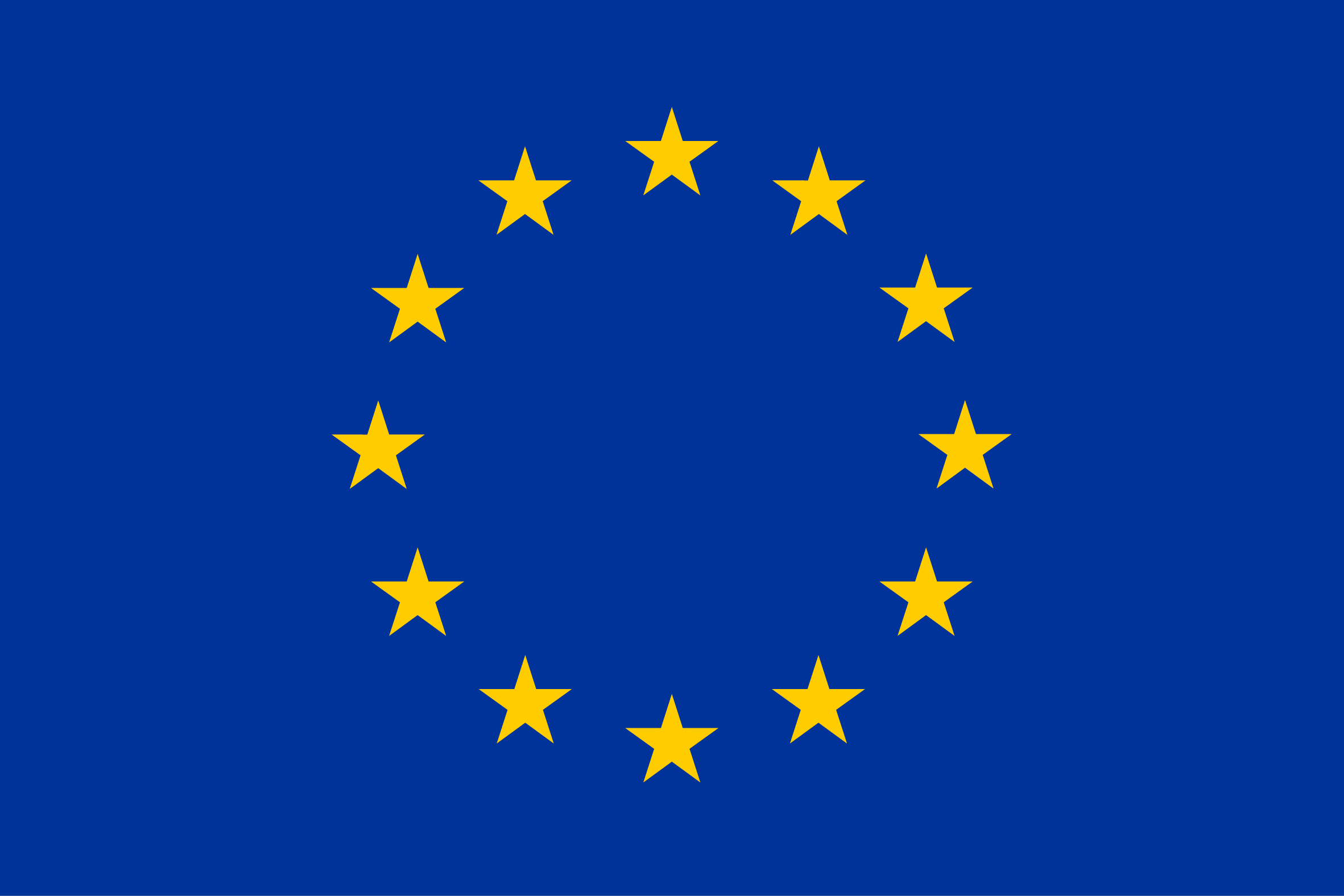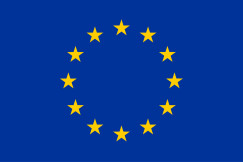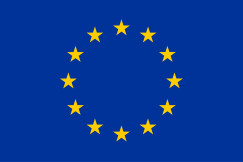Legislation
30 May 2025
Feed Additives Regulation
Legislation
30 May 2025
1. Healthy, balanced and sustainable diets for all European consumers
Login / create an account to be able to react
-
26

The Feed Additives Regulation (Regulation (EC) No 1831/2003) sets out a standardised process for authorising feed additives in the EU, which are used to enhance the quality of animal feed and resulting food products, as well as to boost animal health and performance. To ensure safety, additives can only be marketed after a scientific evaluation confirms they have no harmful effects on human or animal health and the environment.
The regulation applies to all feed additives and premixtures, excluding processing aids and veterinary medicinal products, and mandates that only authorised additives can be used.
Editorial team
European Commission - DG SANTE
Topics
EU-27
EU Institutions
-
CoC aspirational objectives
-
-
1. Healthy, balanced and sustainable diets for all European consumers
-
Share
Feed additives are products used in animal nutrition for purposes of improving the quality of feed and the quality of food from animal origin, or to improve the animals’ performance and health. Feed additives may not be put on the market unless authorisation has been given following a scientific evaluation demonstrating that the additive has no harmful effects, on human and animal health and on the environment.
The Feed Additives Regulation (Regulation (EC) No 1831/2003) establishes a standardised procedure for authorising feed additives within the European Union, ensuring their safe and proper use in animal nutrition. The regulation applies to all feed additives and premixtures, excluding processing aids and veterinary medicinal products. It mandates that only authorised additives, categorised as technological, sensory, nutritional, zootechnical, or as coccidiostats and histomonostats, can be marketed and used, specifying conditions for their application. Antibiotics are not feed additives.
There are two types of authorisations: one for zootechnical additives, coccidiostats, and those involving GMOs, and another for technological, sensory, and nutritional additives, each valid for 10 years and renewable. The authorisation process involves the submission of detailed applications to the European Commission and assessment by the European Food Safety Authority (EFSA), which evaluates the safety and efficacy of the additives. Favourable opinions from EFSA lead to a draft decision by the Commission, which can authorise or reject the additive's use.
The regulation also establishes an EU register for feed additives and specific labelling requirements, ensuring transparency and compliance. Feed business operators are responsible for adhering to the regulations, including proper labelling that details the additive's identity, manufacturer, usage directions, and any safety precautions.
Related regulations:
Regulation (EC) No 1831/2003 on additives for use in animal nutrition
Regulation (EC) No 429/2008 on detailed rules for the implementation of Regulation (EC) No 1831/2003 as regards the preparation and the presentation of applications and the assessment and the authorisation of feed additives
Comments (0)
See also
-
5
Nutrition and Health Claims
- Categories
- 2. Prevention and reduction of food loss and waste 3. A climate - neutral food chain in Europe by 2050 4. An optimised circular and resource-efficient food chain in Europe +3 more
-
17
Regulation on aid compatible with the internal markets
- Categories
- 2. Prevention and reduction of food loss and waste 3. A climate - neutral food chain in Europe by 2050 4. An optimised circular and resource-efficient food chain in Europe +3 more
-
4
Renewable Energy Directive
- Categories
- 2. Prevention and reduction of food loss and waste 3. A climate - neutral food chain in Europe by 2050 4. An optimised circular and resource-efficient food chain in Europe +3 more




